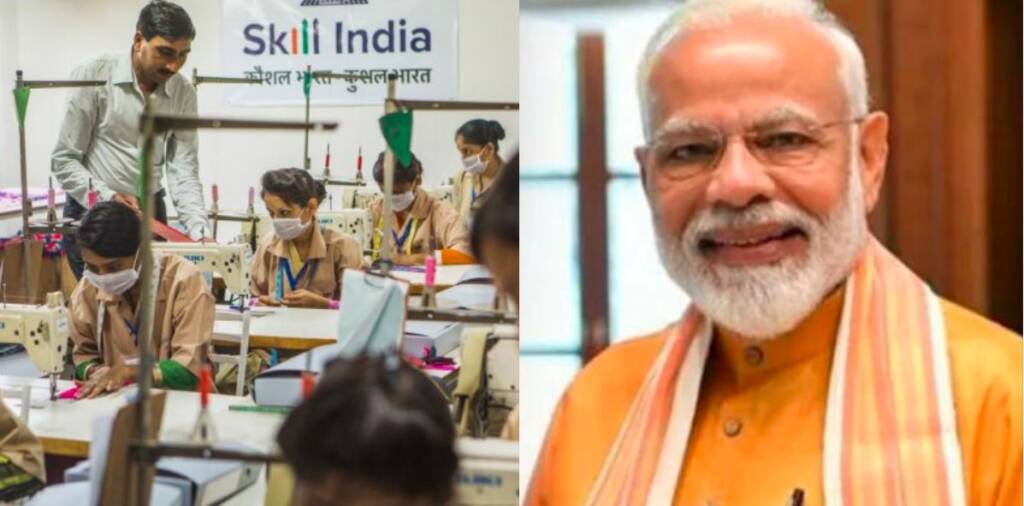In order to place skilled workers at various training centres with jobs, the Indian government’s Ministry of Skill Development and Entrepreneurship has identified 42 lakh jobs in 12 countries. “We have identified 26 lakh job opportunities in the Gulf, 3 lakh in the European countries and about 10 lakh job opportunities in countries like the US, Singapore, New Zealand and Switzerland. In addition to this, we have identified 3 lakh job opportunities for medical technical assistants in the countries of Japan, Australia, Germany, Canada, Sweden, UK, USA, Switzerland, Qatar and Saudi Arabia among others,” said MSDE Secretary Praveen Kumar at a press conference.
The National Skill Development Corporation, a non-profit company set up to address the need for providing skilled manpower across various industry sectors, has established more than 500 India International Skill Centers (IISC) to help those looking for overseas jobs get skills training.
At present, most of the workers who migrate to countries in the Middle East do low skilled or manual labour. Those who want to learn new skills and move up the employment scale had to lead a very difficult life. Therefore, training these Indian workers is essential to ensure that they move northwards in the career ladder.
Many countries in Europe are suffering from a huge labour crunch given labour due to their the ageing population and the Indian government is trying to capitalise on the country’s demographic dividend to fill this gap. “India has a demographic dividend of about 62 per cent and it will remain so for the next 30 years. The workers found fit for the job roles will be trained and taught the required languages to be able to fit into the culture of the country they go to,” said Kumar.
Every country and region has a unique labour crunch, and therefore skill matching is necessary to ensure that the people being trained at ITIs and Pradhan Mantri Kaushal Vikas Kendra are placed in the respective countries. “In Gulf countries, we have found that technical workers with experience in construction, welders, plumbers, and in European countries the demand for personal workers, nursing staff and food delivery staff has been identified,” Kumar added.
Nations like Germany, Japan, and South Korea have made skill training the right of each individual, which has, in turn, led to an abundance of skilled labour in these countries. They have put in place a robust infrastructure to skill-train people before they reach an employable age. This helps the people in getting jobs even when they are pursuing their studies, while those who do not want to continue with studies get average jobs based on their skills.
However, due to the ageing population, the majority of the people in these countries have entered retirement age, and the cost of skilled labour has risen exponentially. Therefore, the companies in these countries are pressurising the government to open up the job market for countries like India, which can provide skilled labour at cheap rates – and would not turn out to be problematic to the local population unlike the labour from many ‘radicalised’ countries.
Therefore, there is a pull as well push (due to efforts of the Modi government) to fill this skilled labour gap. “A joint working group has been formed in collaboration with the Ministry of External Affairs and the Japanese counterparts to strengthen and materialise areas of cooperation. Talks with Australia are underway as well,” said the Ministry of skill and entrepreneurship secretary.
Good skill training for youth has been one of the major reasons for the sound industrial development of countries like Germany. Small and medium-sized enterprises, also known as ‘Mittelstand’, form the backbone of the German economy. Germany is the third-largest exporter in the world, and 99 per cent of all German companies belong to the Mittelstand category. The Indian government too is planning to make the country an export powerhouse (of goods as well as labour), and skilled labour is a basic requirement for the growth of industries.
